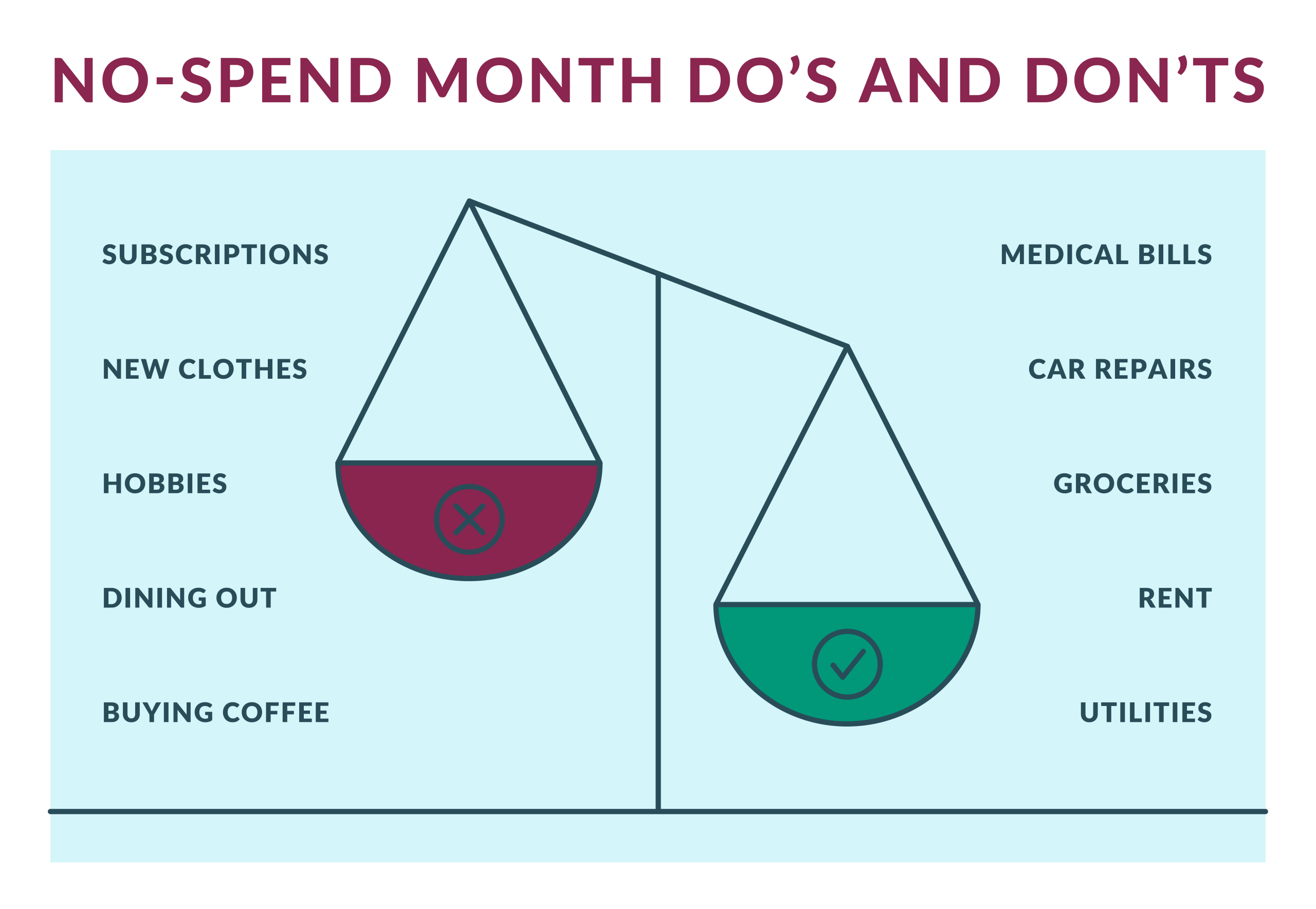Anúncios
Maintaining good financial habits is essential for those who want to achieve stability and prosperity throughout life.
These habits not only help improve your relationship with money but also bring more security and peace of mind.
Below, you will find some tips on practices to create healthy financial habits and build a solid financial future.
1. Understand Your Financial Situation
The first step to developing good financial habits is understanding your current reality. This involves clearly analyzing your finances, identifying your income, expenses, and all spending.
Knowing exactly or getting close to the amount you earn, spend, and owe is very important for making conscious and assertive financial decisions.
Use technological tools like spreadsheets or personal finance apps to monitor your cash flow and identify spending patterns that may be harming your budget.
This analysis is a starting point for any financial plan. When you understand where you are financially, it becomes much easier to set goals and devise strategies to achieve them.
A clear vision also helps avoid common pitfalls, such as spending more than you earn, accumulating debts that will become difficult to manage.
2. Have a Budget and a Financial Plan
Creating a budget is one of the most important healthy financial habits. Having a well-structured budget allows you to control your spending, ensuring that your expenses do not exceed your income.
A financial plan acts as a guide for your future, helping you organize your short- and long-term goals.
To create an effective budget, start by recording all your income sources and then list your monthly expenses, from fixed bills to variable costs such as leisure and food.
With this data organized, you can adjust your finances by cutting unnecessary costs and directing more resources to priorities like investments and savings.
Having a financial plan means setting specific goals that may take longer to achieve, such as buying a house, paying off debt, or retiring more comfortably.
Revisit and adjust your plan regularly, especially after significant life changes like a job promotion or the arrival of a child.
3. Set Achievable Goals
Setting financial goals is essential to stay motivated and create good financial habits. However, it’s important that these goals are realistic and achievable to avoid frustration.
Categorize your goals into short, medium, and long term. Paying off credit card debt can be a short-term goal, while buying a house or retiring early can be long-term goals.
Using the SMART method (Specific, Measurable, Achievable, Relevant, Time-bound) is a great way to structure your goals.
This ensures that these goals are specific, measurable, achievable, relevant, and time-bound. With a clear plan, you have more focus and discipline to reach your financial objectives.
4. Create an Emergency Fund and Save
An emergency fund is one of the pillars of good financial habits. Having a financial reserve for unexpected events like job loss, medical expenses, or home repairs prevents you from getting into debt during critical moments.
Experts recommend having an emergency fund that covers three to six months of basic expenses.
To build this reserve, start with small amounts that you can allocate monthly. Automating transfers to a separate savings account can simplify this process.
Look for ways to save in different situations in your daily life, such as reducing unnecessary subscription costs or strategically planning purchases.
5. Seek to Reduce High-Interest Debts
Reducing debt, especially those with high interest, is crucial for maintaining good financial habits.
Debts like credit card balances and personal loans can quickly become burdensome if not controlled.
Adopt a strategy to pay them off as quickly as possible, such as the snowball method (paying off the smallest debts first) or the avalanche method (focusing on the highest interest debts).
Negotiating better terms with creditors can also be an option, as well as consolidating debts into a loan with lower interest rates. By reducing your debts, you free up more resources to save and invest, contributing to a stable financial future.
6. Get Organized for Retirement
Planning for retirement is one of the good financial habits that brings long-term peace of mind. Even if it seems distant, the sooner you start saving for retirement, the better.
Regularly contribute to retirement plans like a 401(k) or IRA in the United States, taking full advantage of tax benefits and employer contributions, if available.
Diversifying your investments is also essential to build a robust portfolio for retirement.
Seek guidance from a financial advisor to understand your options and choose the best investment products that match your profile and goals.
7. Spend Less Than You Earn
Living below your means is one of the simplest and most effective healthy financial habits. Spending less than you earn allows you to save, invest, and prepare for the future.
To adopt this habit, which may seem difficult at first, analyze your lifestyle and identify areas where it’s possible to reduce expenses without compromising your quality of life.
This could include anything from avoiding impulse purchases to making economical choices like cooking at home instead of eating out.
Adopting a more moderate lifestyle, even temporarily, is perhaps the key to accumulating wealth in investments and reaching your financial goals.
8. Monitor Your Accounts Daily
Regularly monitoring your finances is one of the good financial habits that keeps you in control of your own wealth.
Set aside time weekly to review your accounts, check your bank balance, analyze monthly expenses, and adjust your budget if necessary.
This practice helps identify problems quickly, such as incorrect charges or expenses that need to be reduced.
Use financial apps to simplify tracking your finances in practice, setting up alerts to remind you of payments and monitor your progress toward your goals.
Discipline in this monitoring is what differentiates those who are just trying to improve their finances but don’t take it seriously from those who actually achieve their goals.
Adopting good financial habits is a continuous process that requires discipline, planning, and dedication.
When you understand your financial situation, create a budget, set clear goals, and prioritize debt reduction and saving, you’re on the right path to achieving financial stability.
Remember that every small step makes a difference, and healthy financial habits can transform your life and ensure a much safer and more prosperous future.






